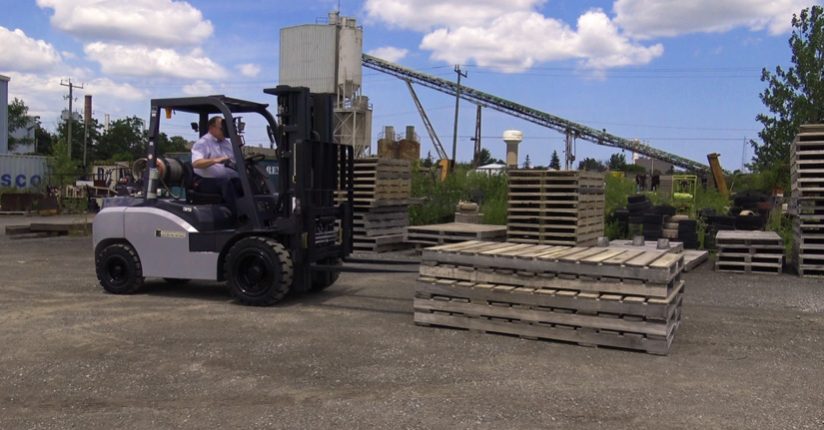Essential Tips for Material Handling Equipment Purchases
Think about the last time you experienced buyer’s remorse following a large purchase or investment. Is there anything you could have done differently? What if you made a different selection or used another vendor? More likely than not, this situation could have been avoided, as in most cases, the difference between self-pity and admiration is a matter of knowledge, research and experience. With that in mind, let’s review some of the key factors businesses must consider before purchasing a new piece of material handling equipment.
Equipment Selection and Fit
When it comes to equipment selection, begin the process with a careful consideration of your needs, application, and work environment. Here, it’s important to be as specific and details as possible given the variety of lift types and the potential variations between models. Among the factors to consider when deciding between models and types are potential height and width restrictions, whether it is an indoor, outdoor, or mixed application, the frequency of lifts and required capacity.
Overall Cost of Ownership
With prices ranging from several thousands to tens of thousands of dollars, purchasing a new piece of equipment is a serious investment. Beyond the retail price of the equipment, owners must also consider the overall cost of ownership over the lifetime of the equipment. Fortunately, most dealers will be able to provide you with an accurate estimate of your expected costs down the road.
To make sure you have all the financial information you`ll need to make your decision, ask your dealer for information on the following questions: How much will it cost to maintain and operate the desired model per year? Here, factors such as wearable parts, durability and fuel costs are important to consider and vary widely from model to model and brand to brand. For a more detailed calculation, learn about how to calculate your forklift costs per hour here. Are parts widely available and reasonably priced? Special order parts or delays in shipping may prove prohibitive to your business leading to expense overtures and unnecessary downtime. Will you be able to service the unit on-site? How extensive is the warranty? What kind of financing or lease options are available?
After Sale Support and Technical Assistance
If properly maintained, an individual forklift may remain operational for up to 20 years after its original purchase, it is essential to consider the after sale support network for a given brand and dealership. Make sure to familiarize yourself with the warranty and service agreement from the manufacturer and ask if additional training is necessary to operate the equipment (and if the dealership will provide it for you). It is also a good idea to find a local dealership that offers a wide selection of accessories, parts, and maintenance in case you should need to make any additional repairs or modifications in the future the future.

